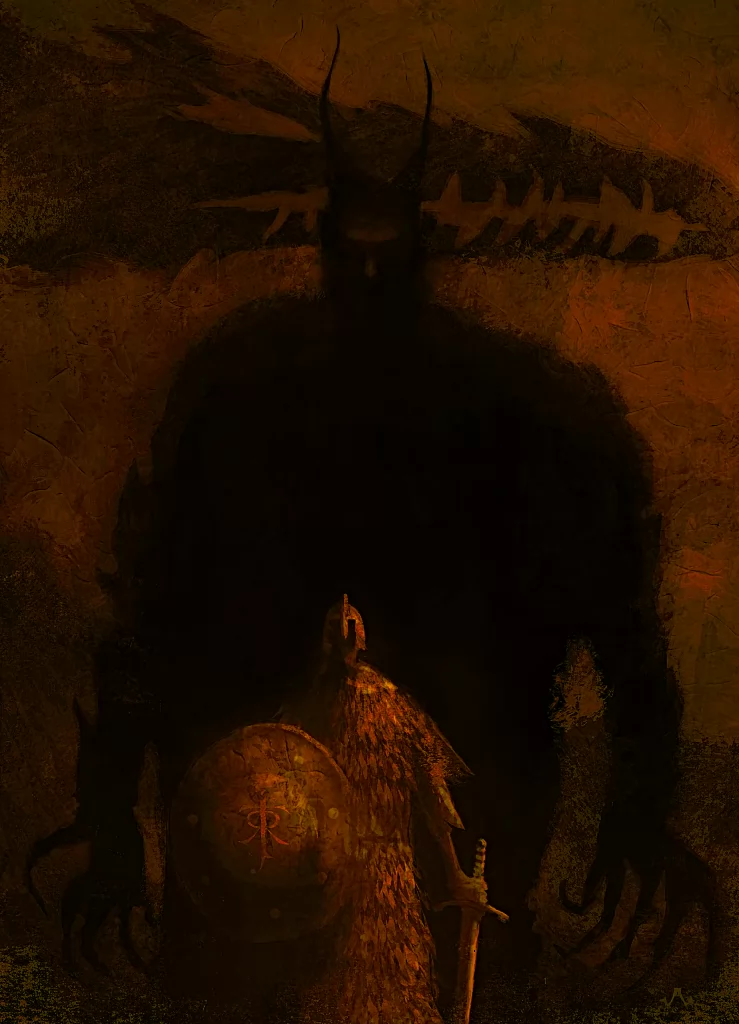Freud said sex is the strongest human drive but I think it’s fear. Do people lost in wilderness or exploring haunted places encounter sexy things? Do they experience waves of urgent sexual need? No, they almost always experience fear.
Fear infests sex, too. Sexuality is fraught with terrors of all kinds, from fear of rejection, failure to perform adequately, even worries about disease or pregnancy.
Even when aroused, fear lurks to one side, ready to pounce.
My guess is we never get over the screaming, wrenching terror of being born. Following that we reach childhood, in which everything is strange and potentially deadly. Adults are inexplicable and capricious but prone to yelling, hitting, and worse. Strangers seem strange in more than just acquaintance.
Most kids get past being stricken by fear, allowing them to explore and play, live and learn, but just behind them is a shadow prepared to shriek, cry for mommy, and crumble bravado to bits.
Adults build up armor against falling to pieces. Resistance to showing fear — they still feel it — accretes due to social pressure. The older one gets, the less fear one is expected to show, at least until senescence. Yet it’s in there, swirling like a demon, wanting out. War’s horrors can shatter the armor and let the terror spring free, reducing grown people into shuddering, cowering husks.
Sex doesn’t enter into much of this. Sure, some use sex as a diversion from the gnawing fears they carry. Never works, though. A moment or two of tingle doesn’t cut the current of phobias.
Phobos and Deimos. Fear and Terror. Satellites of Mars, planet of the god of war. Martian means of Mars, Martial means of War. Same root. Falling always around war, fear and terror. No Aphrodite, no voluptuous goddess, no sex involved, not even with the Valkyrie, who swoop down to carry fallen heroes to Valhalla. It’s as romantic as space alien abduction.
This also explains why suspense, terror, and horror are the most popular styles mixed into any and all genres. Beowulf is arguably a monster story, full of the danger of adventure, fear of monsters, and violence in our struggle to survive a bizarre world. Along with unforeseen consequences, those elements would place it square in the Horror market category these days, despite horror being a style, not a genre per se, there being no mandatory elements to identify it as a genre. As the oldest tale in English, it’s the foundation for all that’s come after it, and we haven’t strayed far.
Grendl’s Children vary widely and wildly yet retain a grip on elements that made Beowulf a tale for the ages. It is humanity writ large, in bold strokes, with triumph and pathos, loss, regret, and an abiding wonder. We writers and storytellers need to remember our roots and keep fear always present in our work. Fear is the flame in the literary lantern, and possibly in the human mind, as we turn to face our shadows.
///



